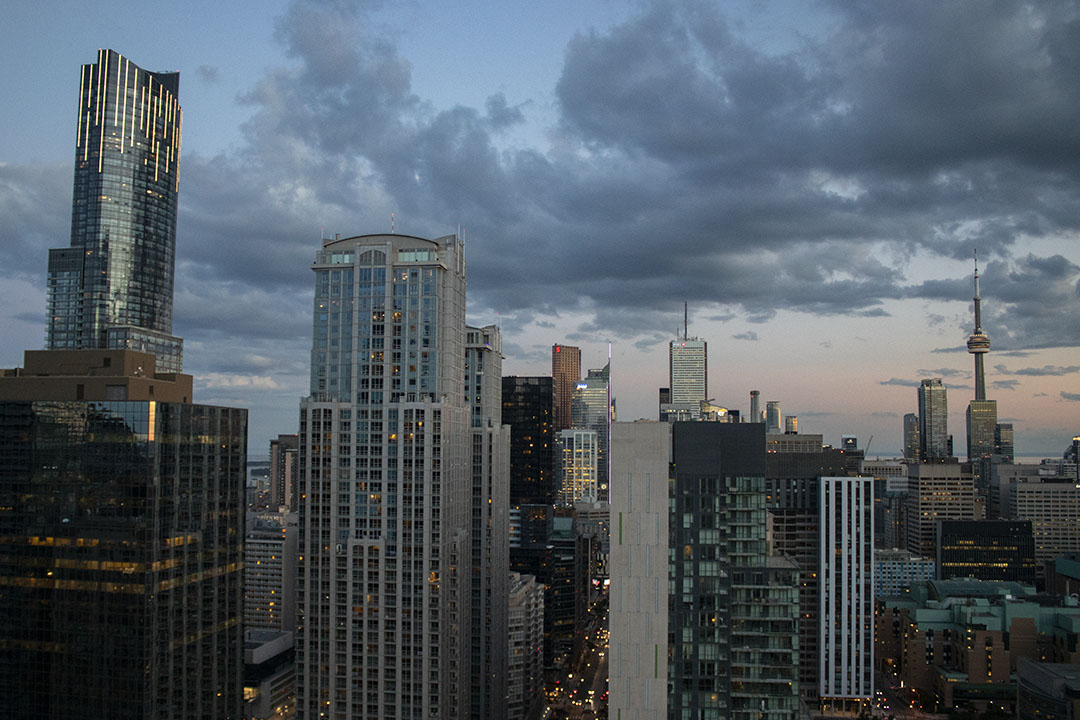According to the Canadian Real Estate Agency, the average cost of a house in Canada, as of July, has surpassed $660,000. That is nearly quadruple the national average from 20 years ago of about $160,000. If these numbers do not alarm you, consider this: the average income of a Canadian between the ages of 25 and 34 has essentially remained unchanged at approximately $40,000 for the last two decades. Today, it would take at least 16 years for that individual to own a house as opposed to 20 years ago, and this does not take into account any other expenses.
This is a pressing issue for many reasons, and during this election, students may want to keep a close eye on parties that are committed to cooling down and stabilizing the red-hot housing market in Canada.
Ballooning house prices in Canada threaten our country in many ways, and are an affront to the economy and the country’s young demographic. Unaffordable housing can seriously hinder our country’s ability to retain its youth. A Statistics Canada report released earlier this year showed that young Canadians are leaving the large cities — namely Toronto and Montréal — where the cost of a house can top over a million dollars.
The problem is that if house prices continue to trend up in major Canadian cities, many young Canadians may decide to move to other large cities outside of Canada that promise good jobs and more affordable housing. Across the border in the United States, the average house costs about $290,000. The 6.7 million new jobs added to the American workforce during the month of June this year also completely eclipse Canada’s expensive housing market and the 230,700 jobs we added to our labour force during the same month.
Furthermore, with such a red-hot housing market, it may be difficult for Canada to attract talent from across the globe. Canadian politicians must recognize that attracting talent requires affordable housing.
Other countries have already recognized this. In Germany, for instance, although the legislation has since been overturned by its top court, lawmakers did implement a rent cap to prevent house prices from soaring. The Canadian federal government may want to take inspiration from its German counterpart, and consider putting a cap on house prices if it wants to win the hearts of the young and talented from around the world. These people may easily be tempted by other countries that offer more affordable housing and more job opportunities.
If Canada fails to act on retaining its youth and is unable to attract talent, it will suffer. This is an outcome that our country should avoid at all costs, but unless the government steps in to clamp down on the housing market, the prospects for our country may be grim.
The New Democratic Party and the Green party are proposing to build new houses, but their policies are not necessarily targeting the root causes of an overheating housing market. The proposals may seem appealing, but the main issue affecting the market is not a supply-and-demand issue. Constructing more housing units would, in theory, increase the supply on the market and diffuse the cost of a house, but it does little to prevent the housing market from overheating, if housing speculation remains.
Housing speculation is when a house is bought and sold for the purpose of capital gain. When real estate is no longer treated as a necessity but as an investment, the speculative rise in house prices unquestionably happens. This may explain why there was an estimate of 1.34 million empty and temporarily occupied houses nationwide back in 2016. The numbers are telling; some parties are addressing the voters but not the problem with their plans to construct more houses in hopes of cooling down Canada’s housing market.
Another issue that may be fueling skyrocketing house prices is blind bidding. Blind bidding is when a homebuyer submits an offer without knowing what other potential home-seekers are bidding. The strong desire to own a house, mixed with the fear that others may come with higher prices, can explain why the cost of a house can go up so easily. When you add wealthy foreign buyers into the equation, it is no surprise why some houses are bought hundreds of thousands of dollars above their listing price.
Some parties are already taking some steps to address this issue. Justin Trudeau is finally looking to introduce new measures to criminalize blind bidding after five years as prime minister. His party, along with the Conservatives, is proposing to ban foreign ownership for the next two years.
As party leaders continue on their campaign trails, students should look beyond the politics for concrete measures to improve the housing market, including but not limited to putting an end to blind biddings, as well as curbing foreign investment in the housing market. After all, our future — and our country’s future — depends on the votes we cast.
Grace Xu is a third-year biochemistry and French student at St. Michael’s College. She is serving on the 2021–2022 Arts & Science Council as a full-time sciences student.


